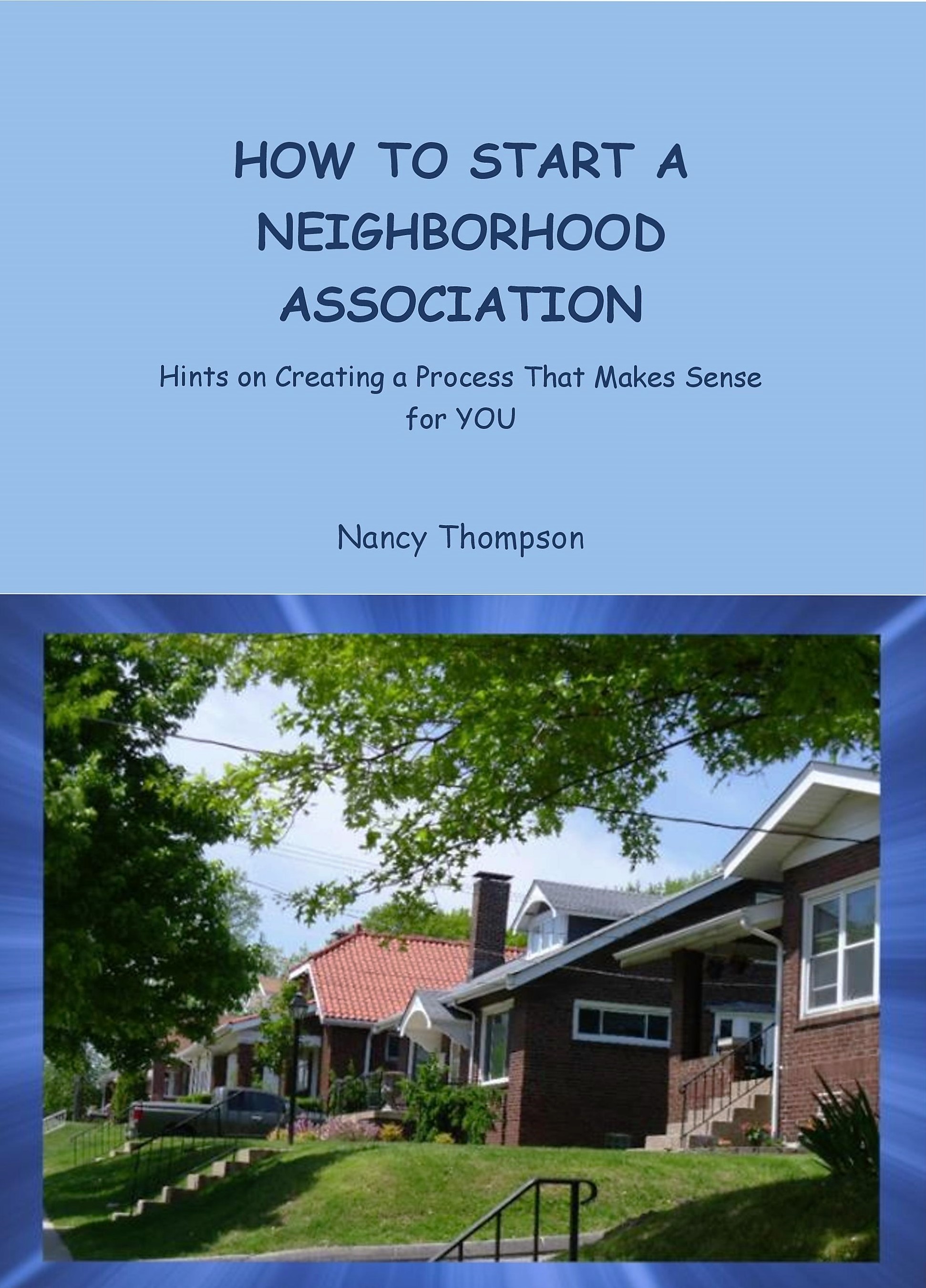Individual Development Accounts Promote Savings

Individual development accounts (the singular is often shortened to just "IDA") are special savings accounts set up for the benefit of people of modest means, ranging down to the very poor. This type of financial asset building program requires two things: a cooperating bank or credit union and a program sponsor, typically a non-profit agency or maybe a community development corporation.
One trend in the last few years is that sponsors are beginning to name these accounts much more inventively. Today we find a huge variety of descriptive or inspirational names being assigned to a program that is basically the same as an IDA system.
Usually the program sponsor has received government or foundation grants and donations that allow it to match the savings that an individual deposits, although sometimes there is a limit as to the amount of the match. This reward is meant to inspire further savings and to help savings grow at a faster rate.
Typically programs require the participant to set up a particular goal or set of goals, for which the IDA may be used. Frequently these include saving for home ownership, saving for college, and starting a business.
A few permit a goal of buying an automobile, buying a computer, housing renovation, or something else concrete and specific.
Then the sponsor usually requires that withdrawals are used
for that purpose.
Many individual development accounts have a projected time span attached to them, ranging from several months to a few years. Exactly what happens at the end of that time, if the goal isn't met, varies from sponsor to sponsor.
Most programs offer budgeting and financial counseling classes and sometimes preparation for home ownership, legal assistance, or other types of education or counseling aimed at helping people overcome barriers that prevent financial stability and growth, however slow it may be.
If you are reading this from outside the U.S., you may be encouraged to know that there's a movement afoot to take individual development accounts on a global scale. Read about the global assets project here. (Then our advice is don't wait; if you are affiliated with an appropriate organization, approach a financial institution or form one, and get started.)
In fact, many researchers think that these accounts are much better suited to smaller economies than to America. Keep an eye on this page to see the latest thoughts on this.
Effectiveness of Individual Development Accounts
When the idea of individual development accounts was advanced, some people scoffed at the idea that people who had never saved money, or who had saved very little, could be inspired to do so.
However, U.S. research has suggested that the poor actually save at a higher rate than middle-class households, despite the fact that some people have started calling these programs microsavings.
Evaluations often show that 40-50 percent of those saving for homeownership accomplish their goal. To date the only research structured as an experiment showed that home ownership rate did not increase for a Tulsa experimental group that received access to individual development accounts, when this group was compared to a control group with no IDA account. The one exception was the case of the higher income households within the study.
These still would be poor
people in the U.S., please understand, but the results do support the
idea that many of us have been suspecting: perhaps home ownership isn't
really the most appropriate goal for the lowest of the low-income
households.
Other studies have shown that the burden of repaying debts other than mortgages severely hampered participants' ability to set aside the savings that would make meeting a specific savings goal possible.
We suspect that the success of an agency's program depends in no small part on how effective their financial counseling services are. Good screening to make sure that the child (yes, some programs target older children saving for college) or household is ready for this step also is likely a critical factor.
Sources of Funding for Community Asset Building
As this idea born in academia began to proliferate, it really took off when the U.S. federal government became involved in providing some of the matching funds through the Assets for Independence program located within the Department of Health and Human Services. Most individual development account programs in the U.S. originally received funding from this program.
The AFI program did not receive any new appropriations beginning in Fiscal Year 2017, so in effect, once all already awarded grant periods have expired, this program will be a thing of the past.
The Office of Refugee Resettlement also funds some of the organizations who serve immigrants and refugees and wish to run IDA programs. This office also is part of the Health and Human Services department.
Many state governments also have started funding program matches, as IDA success received more publicity. Some of those are still in operations, while others are being allowed to die off.
Community Development Block Grants, financial institution donations from individuals and congregations, general philanthropy, sponsoring organization subsidy, and even crowdsourcing also are possible funding sources for the administration and match involved in individual development accounts.
Neighborhood Impacts of an IDA Program
When you are involved in community development work, obviously the implications of an organization setting up an IDA program in a particular area could be helpful to neighborhood revitalization. However, as the research shows, the IDAs may not increase home ownership, so if that is your goal, it would be best to try a program that deals with ownership directly.
We know that community poverty is devastating to morale, soundness of the housing stock, and upkeep of the neighborhood. Building community wealth also can lead to increased likelihood that the market will be sufficient for retail establishments meeting everyday needs such as grocery stores, drug stores, or community-based "corner stores" that truly work hard at meeting community needs at reasonable prices.
As many of us can attest from personal experience, building financial assets tends to be an upward or a downward spiral.
Being able to escape from the typical
practices of households living in poverty—buying everyday needs on credit,
paying to do laundry, buying small quantities, renting rotten housing,
payday loans, avoiding healthcare issues until we have to go to the
emergency room, or driving old cars that reward us with expensive repair
bills—is very helpful in being able to accumulate some personal
capital.
In the long run, individual development accounts for people without extreme debt and with a steady income, even if low, make a lot of sense. Whether they are worth the amount of governmental and philanthropic assistance that has been devoted to them remains to be seen.
They certainly aren't an all-purpose poverty solution. From a community standpoint, however, we think it's an idea worth trying if you can locate an interested financial partner and a well-managed non-profit sponsor. In the long run home ownership, entrepreneurship support, and higher education are pro-social goals, and enabling households that may have thought those goals out of reach to see differently is very rewarding.
Whether you are a curious because you're leading neighborhood associations, hoping to be a saver, or thinking about your organization as a prospective IDA practitioner, American readers can check the map of organizations sponsoring individual development accounts to see what organizations offer programs near you. Although this idea has spread quickly over the course of about 20 years, there are still many gaps. Maybe you can help?
For the half of our readers from outside the U.S., if you are in a country with organized financial institutions and a poverty problem, think creatively about how this basic idea might be adapted to your particular situation.
Ideas Related to Individual Development Accounts
Join USEFUL COMMUNITY PLUS, which provides you monthly with short features or tips about timely topics for neighborhoods, towns and cities, community organizations, rural environments, and our international friends. Unsubscribe any time. Give it a try.




